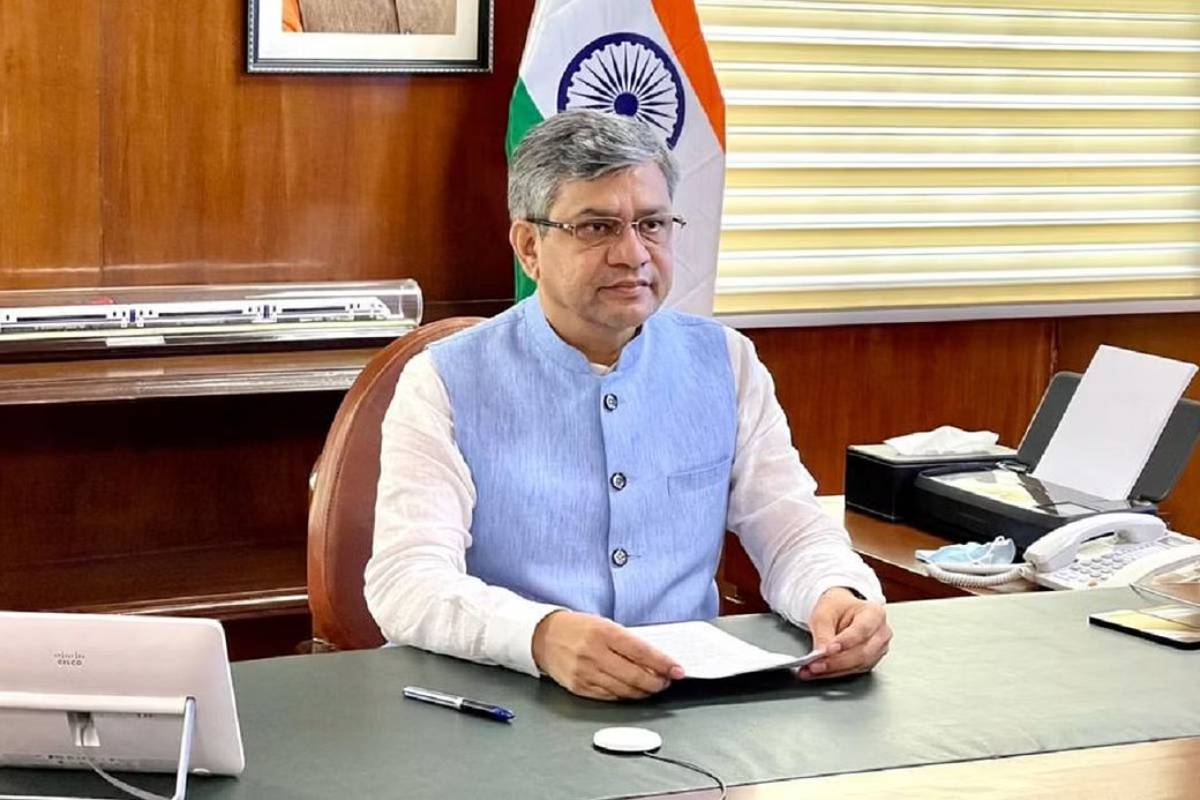The Union Cabinet, chaired by Prime Minister Narendra Modi, Wednesday approved the continuation of schemes of Pradhan Mantri Annadata Aay SanraksHan Abhiyan (PM-AASHA) to provide remunerative prices to farmers and to control price volatility of essential commodities for consumers.
The total financial outgo will be Rs 35,000 crore during 15th Finance Commission Cycle upto 2025-26.
The government has converged the Price Support Scheme (PSS) & Price Stabilisation Fund (PSF) schemes in PM AASHA to serve the farmers and consumers more efficiently. The Integrated scheme of PM-AASHA will bring-in more effectiveness in the implementation which would not only help in providing remunerative prices to the farmers for their produce but also control the price volatility of essential commodities by ensuring their availability at affordable prices to consumers.
The PM-AASHA will now have the components of Price Support scheme (PSS), Price Stabilization Fund (PSF) , Price Deficit Payment Scheme (POPS) and Market Intervention Scheme (MIS).
The procurement of notified pulses, oilseeds & copra at MSP under Price Support Scheme will be on 25 per cent of national Production of these notified crops from 2024-25 season onwards which would enable the states to procure more of these crops at MSP from farmers for ensuring remunerative prices and preventing distress sale.
However, this ceiling will not be applicable in case of Tur, Urad & Masur for 2024-25 season as there will be a 100 per cent procurement of these pulses during the 2024-25 season as decided earlier.
The government has renewed and enhanced the existing government guarantee to Rs 45,000 crore for procurement of notified pulses, oilseeds & copra at MSP from farmers. This will help in more procurement of pulses, oilseeds & copra by Department of Agriculture and Farmers Welfare (DA&FW) from farmers at MSP including Pre-registered farmers on eSamridhi portal of National Agricultural Cooperative Marketing Federation of India (NAFED) and eSamyukti portal of National Cooperative Consumers’ Federation of India (NCCF) whenever prices fall below MSP in the market.
This would also motivate the farmers to cultivate more of these crops in the country and contribute in achieving self-sufficiency in these crops leading to reduction in dependence on imports to meet domestic requirements.
The extension of Price Stabilization Fund (PSF) scheme will help in protecting consumers from extreme volatility in prices of agri-horticultural commodities by maintaining strategic buffer stock of pulses and onion for calibrated release; to discourage hoarding, unscrupulous speculation; and for supplies to consumers at affordable prices.
Procurement of pulses at market price will be done by Department of Consumer Affairs (DoCA) including Pre-registered farmers on eSamridhi portal of NAFED and eSamyukti portal of NCCF whenever prices rule above MSP in the market.
Apart from buffer maintenance, the interventions under PSF scheme have been undertaken in other crops such as Tomato and in subsidized retail sale of Bharat DaIs, Bharat Atta and Bharat Rice.
In order to encourage the states to come forward for implementation of Price Deficit Payment Scheme (PDPS) as an option for Notified oilseeds, the coverage has been enhanced from existing 25 per cent of state production of oilseeds to 40 per cent and also enhanced the implementation period from 3 months to 4 months for the benefits of farmers.
The compensation difference between MSP and Sale/Modal price to be borne by Central Government is limited to 15 per cent of MSP.











